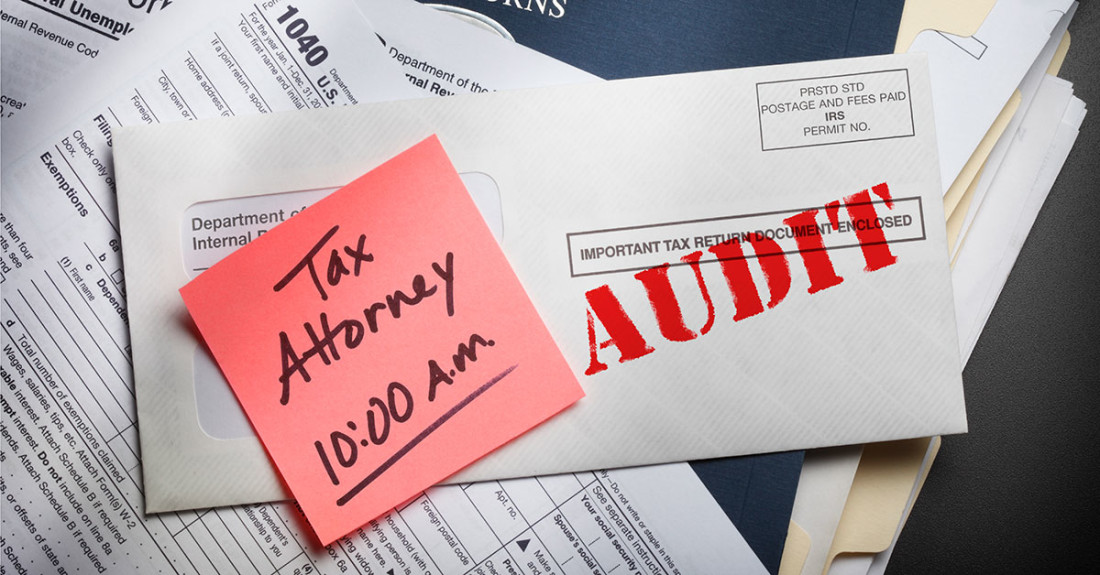IRS Audits vs. Tax Planning – Tax Planning Offers You Better Odds
-
TaxWealth
-
Mar 01, 2020

Did you know that statistics can offer some very interesting insights about probabilities? Take, for example, the probability of you being audited. It is 100 times more likely that you will not receive a knock on your door by an IRS agent than you are of being audited.
The IRS routinely issues a Data Book for previous tax years which includes their statistical odds of auditing taxpayers based on Adjusted Gross Income. I always find interesting bits of data to help me understand where my clients stand in our effort to maximize their tax benefits. You might say it helps to “know thy enemy,” although I do not consider the IRS the enemy. The real enemy I battle daily is the taxpayers’ lack of knowledge about the tax laws and the great benefits they offer.
The most recent Data Book, for example, shows once again a surprising fact. Out of 196 million tax returns filed in 2017, the IRS audited the following year only 1/2% of them. Why? One reason is that the IRS doesn’t have the manpower to monitor and examine all the taxpayers throughout the country who may not be following the rules as they should.
So, because of its lack of funding and undermanned workforce, the IRS then tries to do the next best thing in its efforts to maximize revenue; it tries to limit the amounts of refunds doled out by carefully choosing which returns to audit.
Of greater interest to me, however, is what’s not included in the refund figures: The amounts the IRS returned to taxpayers as a result of citizen-initiated amended returns (the 1040x process that is used with clients when appropriate.)
Recouping Previously Paid Taxes
As part of the analysis process, my work as a tax planner also includes identifying missed planning opportunities that have resulted in taxes having been paid wastefully and needlessly. It is not uncommon to identify thousands of dollars in taxes that have been overpaid by 1099 income earners and owners of corporations, LLCs and other forms of business ownership. This can amount to tens of thousand dollars that rightfully and lawfully belongs to the taxpayer.
For instance, our examination of the personal and business tax returns for the owner of a small glass installation business identified nearly $80,000 in taxes that had been needlessly paid over the previous three years. By simply applying tax law and using the tax return amendment process, we were able to retrieve for him the entire $80,000 to use however he chooses. For an owner of a manufacturing company, we were able to retrieve for him more than $400,000 in overpaid taxes.
In a typical year the IRS receives millions of 1040x forms requesting refunds. Unlike the original tax returns that are often machine-read, each of the amended returns must be reviewed manually. Some clients worry that this could open a can of worms, but as long as you have the law on your side supporting the amended returns you file, you are not raising any red flags before the IRS that would cause them to trigger a bigger audit.
Do not allow fear of an IRS audit to creep into your thinking and rob you of money that rightfully belongs to you!
How vulnerable are you to an audit? Press the link below and let the Internal Revenue Service answer the question about whether there is a significant risk of attracting an audit for your level of income.
If your adjusted gross income, for example, was less than $200,000 for the 2018 tax year, your chances of audit, according to the IRS, would have been only 0.44%. If your adjusted gross income was between $200,000 and $500,000 your chance of audit was only 0.53%. And your chance of being audited if you have an adjusted gross income between $500,000 to $1,000,000 was still only at 1.10%.
Those of you who share my love of tax topics may find these statistics of interest. If not, leave that work to us. It’s our job to identify those missed opportunities and taxes you may be over-paying and find within tax law the right solutions to help you to pay less and keep more of your hard-earned dollars.